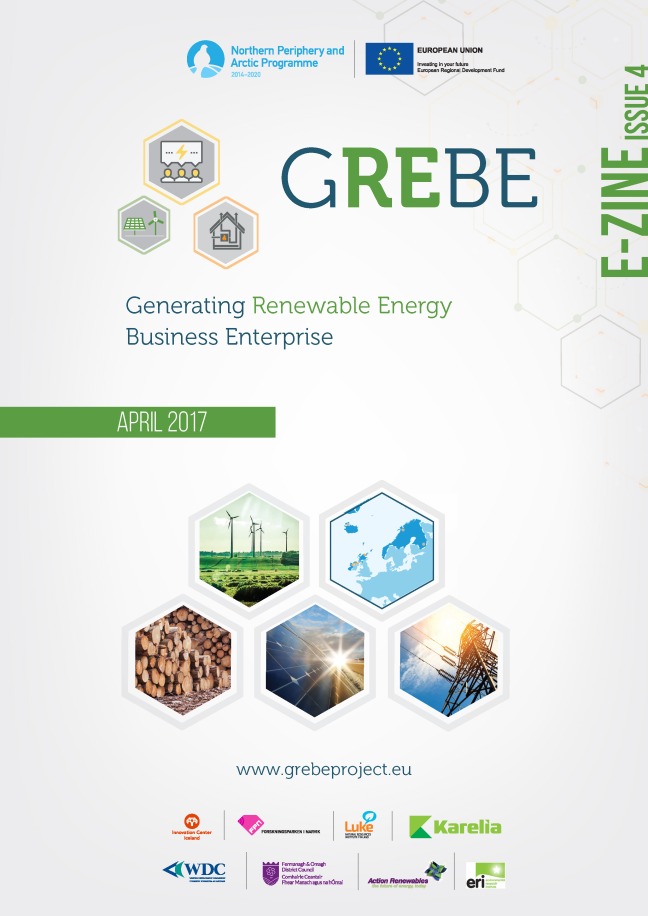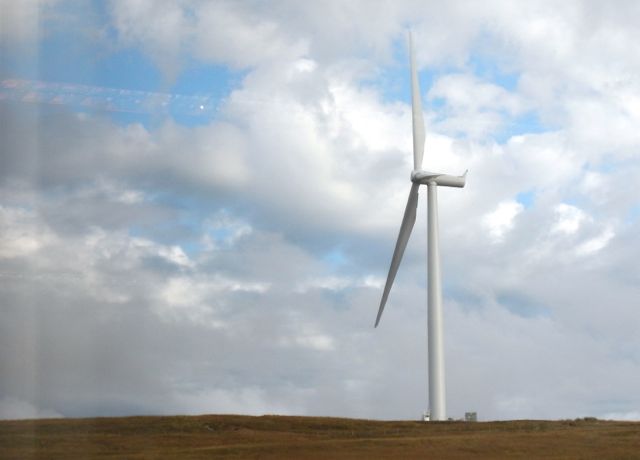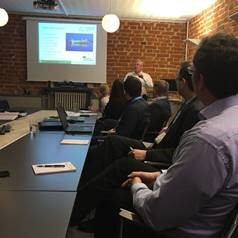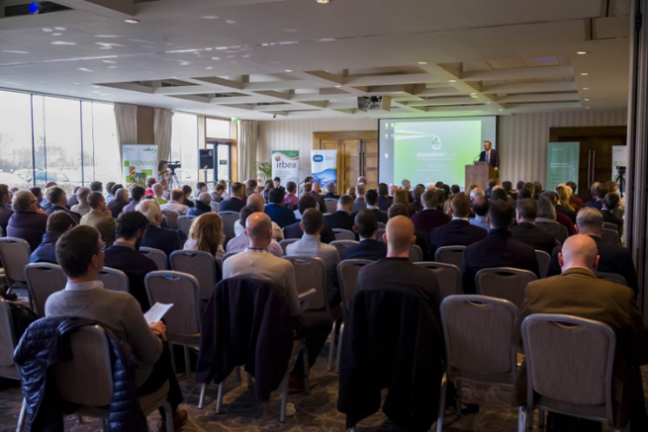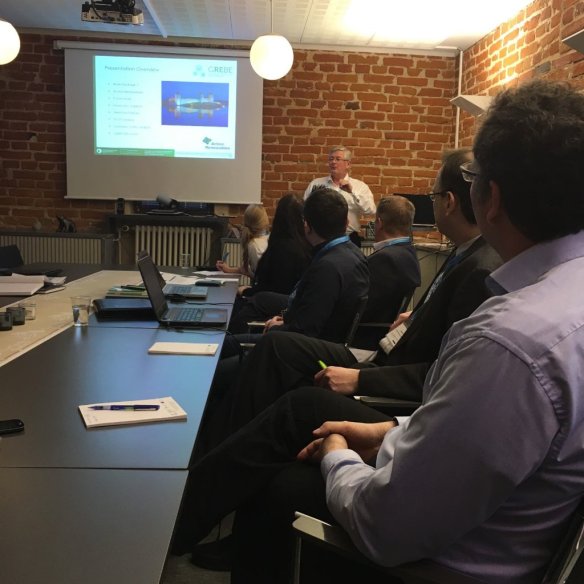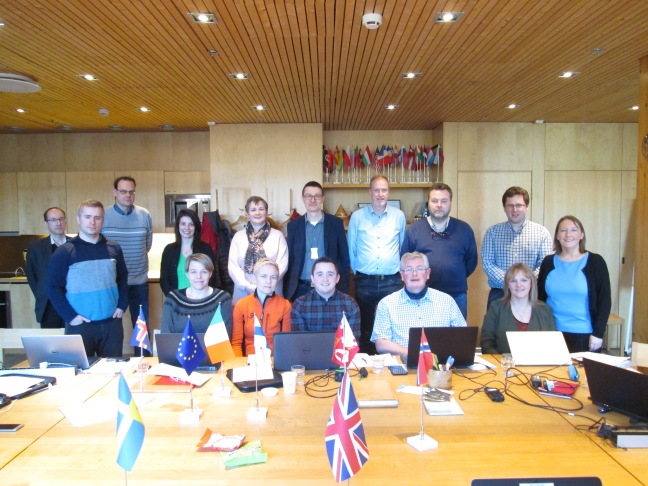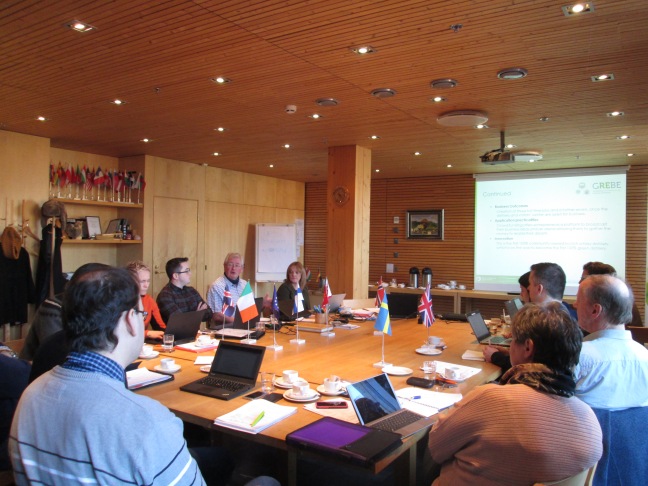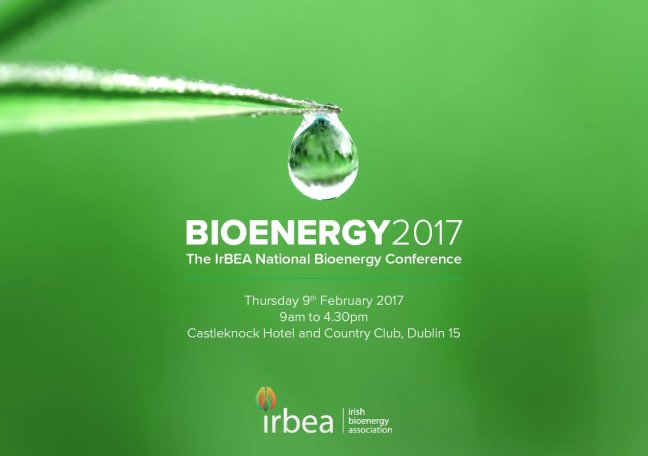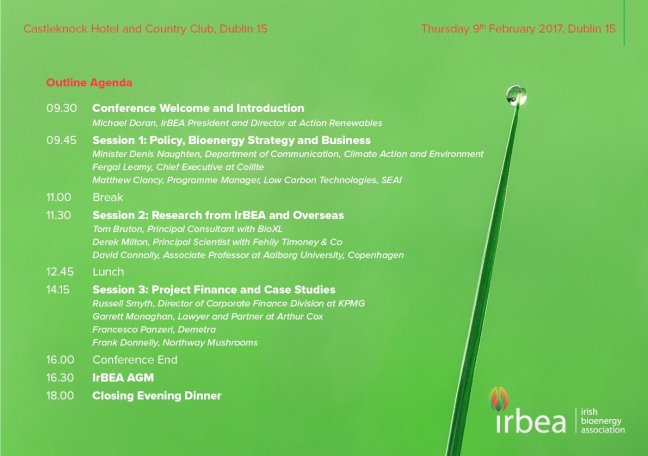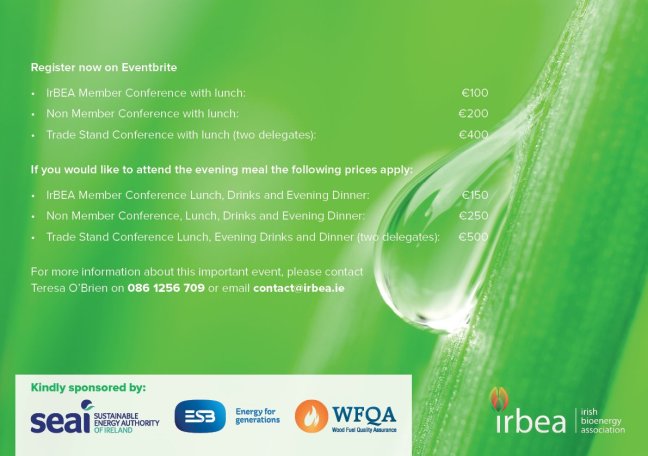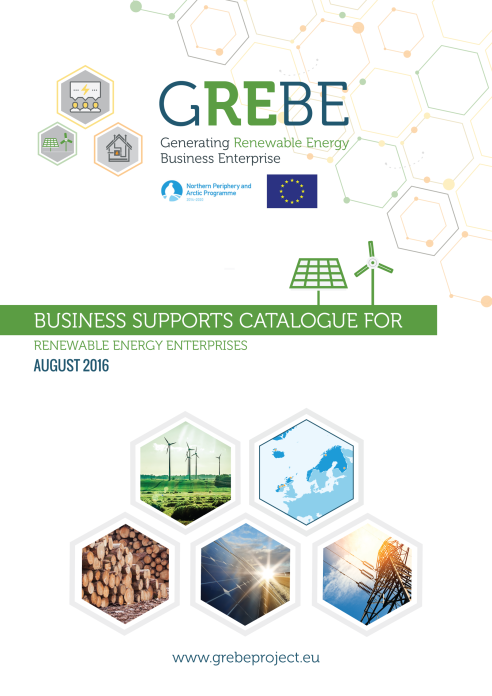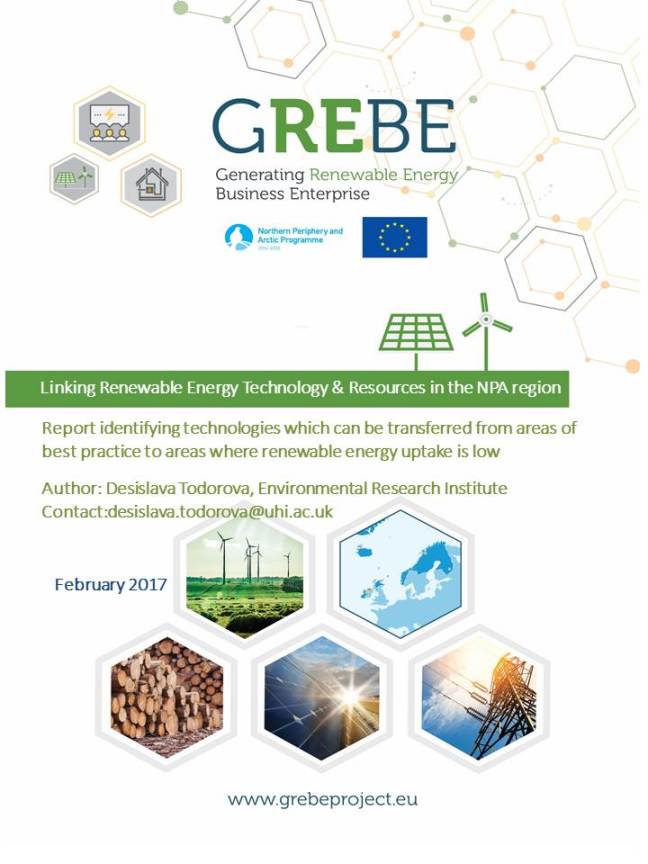
The Northern Periphery & Arctic (NPA) Programme area is undoubtedly rich in many renewable energy resources. However the form and extent of these resources vary considerably throughout the region. While these differences may be clear at national levels they also exist at more local levels as well and, as a result, areas within the NPA region will have very different technological requirements for the effective utilisation of renewable energy resources. The aim of Work Package 5 is to link the appropriate renewable energy technologies to the available resources and corresponding demand, for every partner region participating in the GREBE. This work package is led by Scotlands Environmental Research Institute (ERI), which is part of the University of Highlands & Islands.
The first step towards successful achievement of the objective was the 5.1 “Report identifying technologies which can be transferred from areas of best practice to areas where renewable energy uptake is low”. This report lays the foundation for linking the appropriate renewable energy (RE) technology to the specific locality, through careful analysis of the input provided by partner regions, together with, identification of similarities and transferable solutions from one partner to another.
The main aim of this report is to inform the other activities in this work package by identifying key areas and technologies with the potential to generate new business models, in areas where renewable energy is less developed. The report wishes to establish transferability of renewable energy technologies from areas of best practice to areas where RE uptake is low. In order to ensure the appropriate level of coverage across all relevant technologies and key areas, all partners provided input for their specific region regarding:
- Areas where non-renewable resources are meeting energy requirements, or where emerging businesses require new energy sources and are considering fossil fuel based energy systems.
- Relevant Renewable Energy (RE) technologies and renewable integration enabling technologies relevant to the region, including the corresponding risk and market penetration levels.
Areas were separated in three different clusters – sectors, industries and geographic areas. As anticipated, there were recurrent key areas in the feedback from the partners across the NPA Region. The commonalities across the feedback from all partners, substantiates the fact that despite the geographical differences, the NPA region is facing similar challenges, which can be best overcome and realised by transnational cooperation. After a careful review of the individual partner feedback, recurrent areas across regions were pinpointed. This generated a set of preliminary findings on transferable solutions from partners in which, areas of best practice integration of renewables where identified, to similar areas in other partner regions, where the uptake of renewables is low.
The second objective of the report was to identify the relevant RE technologies and renewable integration enabling technologies applicable to every partner region, including the equivalent risk and market penetration levels. A similar approach, as with the areas, was taken. A review of the available technologies (the corresponding market penetration and risk) was undertaken, for every partner, individually. This led to the assembly of preliminary findings on RE technology transferable solutions, from regions where a given RE technology has high market penetration and low risk, to regions, where the same RE technology has low market penetration and high risk. An in-depth analysis of the examined RE technologies, will be presented in our next report ‘A Collection of Case Studies across partner regions, accompanied by technology videos and advice notes’.
The finding of the report can be found on the Project GREBE website (http://grebeproject.eu/wp-content/uploads/2017/03/GREBE-Report-identifying-transferable-renewable-energy-technologies-February-2017.pdf )
The completion of the objectives set in the report, assist us in defining the parameters, technologies, areas and demand, which are all incorporated in the final product of Work Package 5 – the Renewable Energy Resource assessment (RERA) Toolkit.

